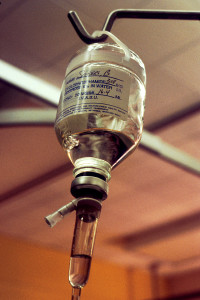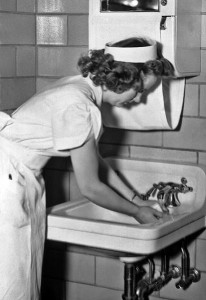
[I don’t seem to be able to display that image anymore, but here’s a link to what I’m talking about.]
This superb graphic was created to dramatize what’s happening these days in the UK, where the National Health Service is being ruthlessly privatized. Here in the US, for-profit medicine is so taken-for-granted that we barely notice it. It’s true, we hear a good deal about conflicts of interest involving pharmaceuticals. Doctors get paid — in one way or another — to increase the profits of Big Pharma, a practice that is detrimental to the financial and/or medical interests of their patients. We hear less about scaring healthy patients into using doctors and services that increase hospital profits (also known as fear mongering). So it was nice to see a recent opinion piece in JAMA that discussed precisely this. Read more



